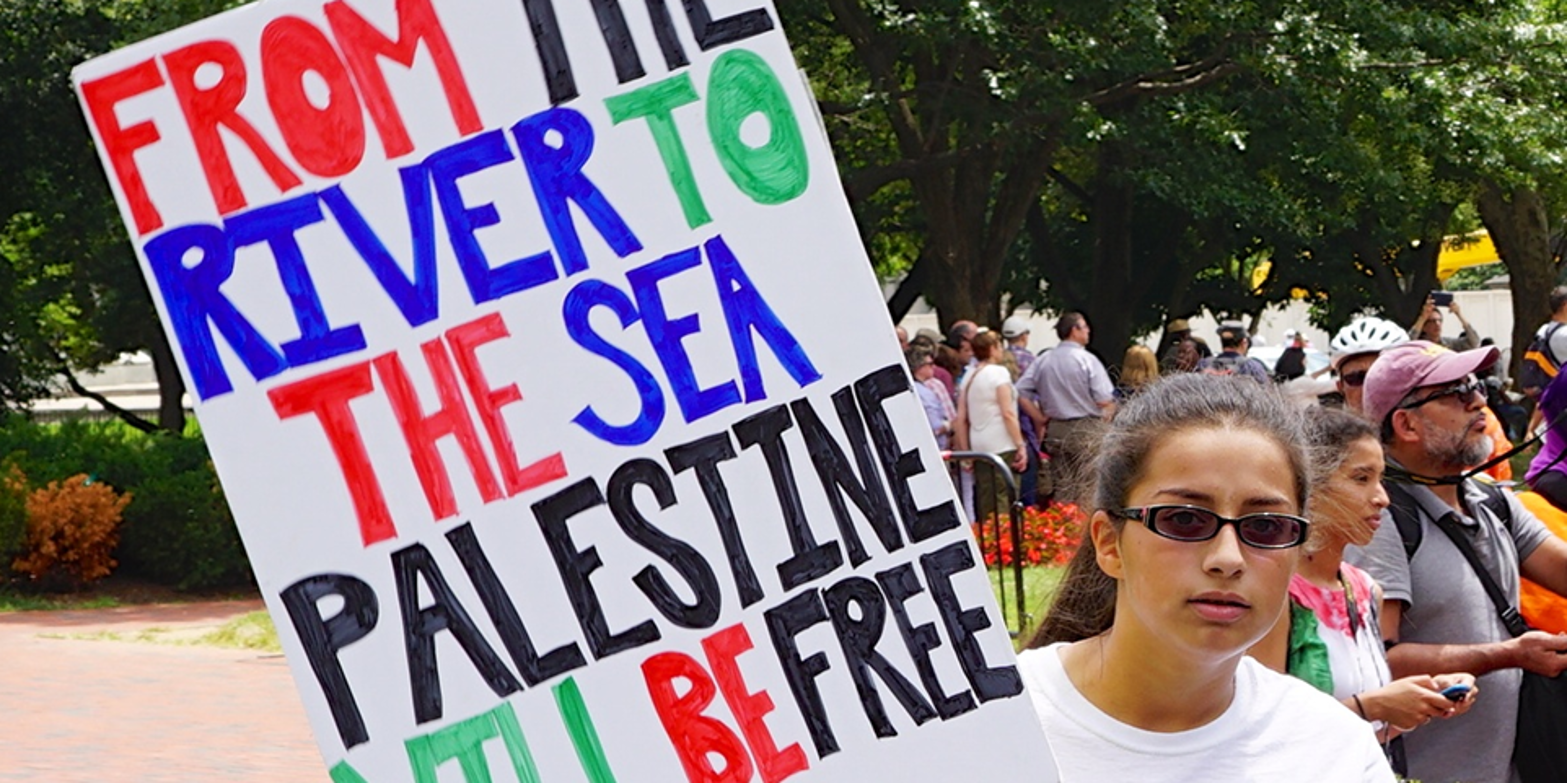
Why Hope Beats Optimism Every Time
I begin most days with a devotional reading of Scripture texts from the Daily Office of the Common Book of Prayer. This past Wednesday’s morning psalm was 72, and as I read it, contemporary events popped into my mind for obvious reasons. Consider these verses. Not quite “From the River to the Sea,” but close enough.
Psalm 72:8–11
May he have dominion from sea to sea,
and from the River to the ends of the earth!
May desert tribes bow down before him,
and his enemies lick the dust!
May the kings of Tarshish and of the coastlands
render him tribute;
may the kings of Sheba and Seba
bring gifts!
May all kings fall down before him,
all nations serve him! (ESV)
The ancient superscription for the psalm is a single Hebrew word translated into English as “Of Solomon.”
My academic training taught me to set a Psalm into its historical context. In this case, whether literally “of Solomon” or of an idealized king, the psalm seems to have to do with the house of David and the kings of Judah. Some think this may have been a coronation psalm; a prayer for the beginning of the king’s reign. The psalm is a royal psalm and provides a glimpse of things possibly as long ago as 3,000 years.
In fact, while some of the phrases in the psalm are provocative to those who also read today’s headlines, connection between the reign of Solomon and the Palestinian Intifada should not be made, though some have tried to do so. The “River,” capitalized in many modern English translations, refers to the Euphrates and not the Jordan. The kings of Tarshish have no seat at the United Nations.
So, in some ways, Psalm 72, like all the Psalms, is best left in the past. But if only left in the past, it has nothing to say to us even if it does not speak directly to the conflict between Israel and Hamas.
Like many, I am not optimistic about a peaceful outcome to the situation in the Middle East. But what if, as Luther famously said, “the Bible is alive, it speaks to me”? What if the Psalm speaks to us not about the complicated and seemingly hopeless situation in Gaza, but about the hope that is ours in Christ?
John Calvin writes in his introduction to his commentary on Psalm 72, “What is here spoken of everlasting dominion cannot be limited to one man, or to a few, nor even to twenty ages; but there is pointed out the succession which had its end and its complete accomplishment in Christ.”
Commenting on verse 8 of our psalm, Charles Spurgeon says, “Start where you will, by any river you choose, and Messiah’s kingdom shall reach on to the utmost bounds of the round world. As Solomon’s realm embraced all the land of promise, and left no unconquered margin; so shall the Son of David rule all lands given him in the better covenant, and leave no nation to pine beneath the tyranny of the prince of darkness. We are encouraged by such a passage as this to look for the Saviour’s universal reign…”
Optimism, looking for the best, is subjective. Some of us are optimists and some are not. Hope is objective. It is grounded in reality. Christian hope, an unseen reality born of God’s love, as Paul reminds us in Romans 5 and 8, is the sure and steadfast anchor of our souls (Hebrews 6:19).
As justified as our pessimism about the situation in Gaza may be, our hope, hidden in Christ, is justified all the more. The love poured into our hearts through the Holy Spirit (Romans 5:5) is still working in our world. Someday the King so much greater than Solomon will reign from the river to the sea.
Even now, this King invites Jew and Palestinian alike to live under his reign. He is one who will “defend the cause of the poor of the people, give deliverance to the children of the needy, and crush the oppressor!” (Psalm 72:4) His reign is “like rain that falls on the mown grass, like showers that water the earth!” (Psalm 72:4)
Some may think such thoughts to be foolish. They would be foolishness if they were rooted in mere optimism, but they are not optimism. They are rooted in hope.
